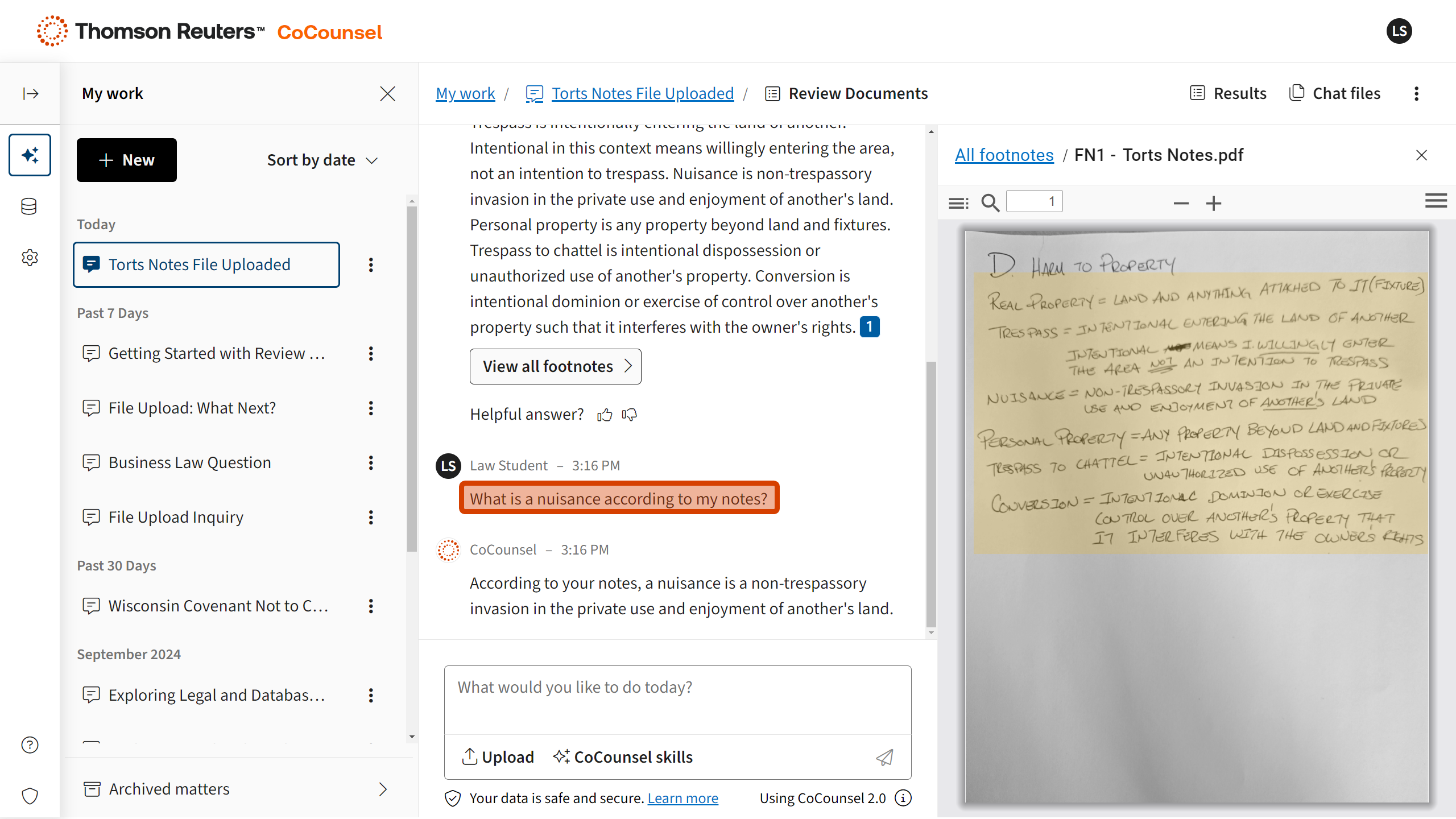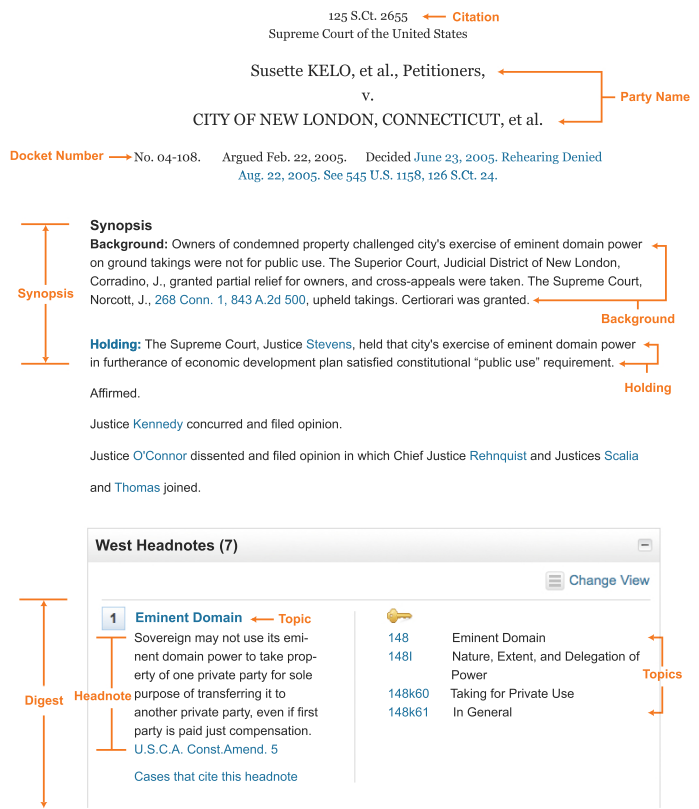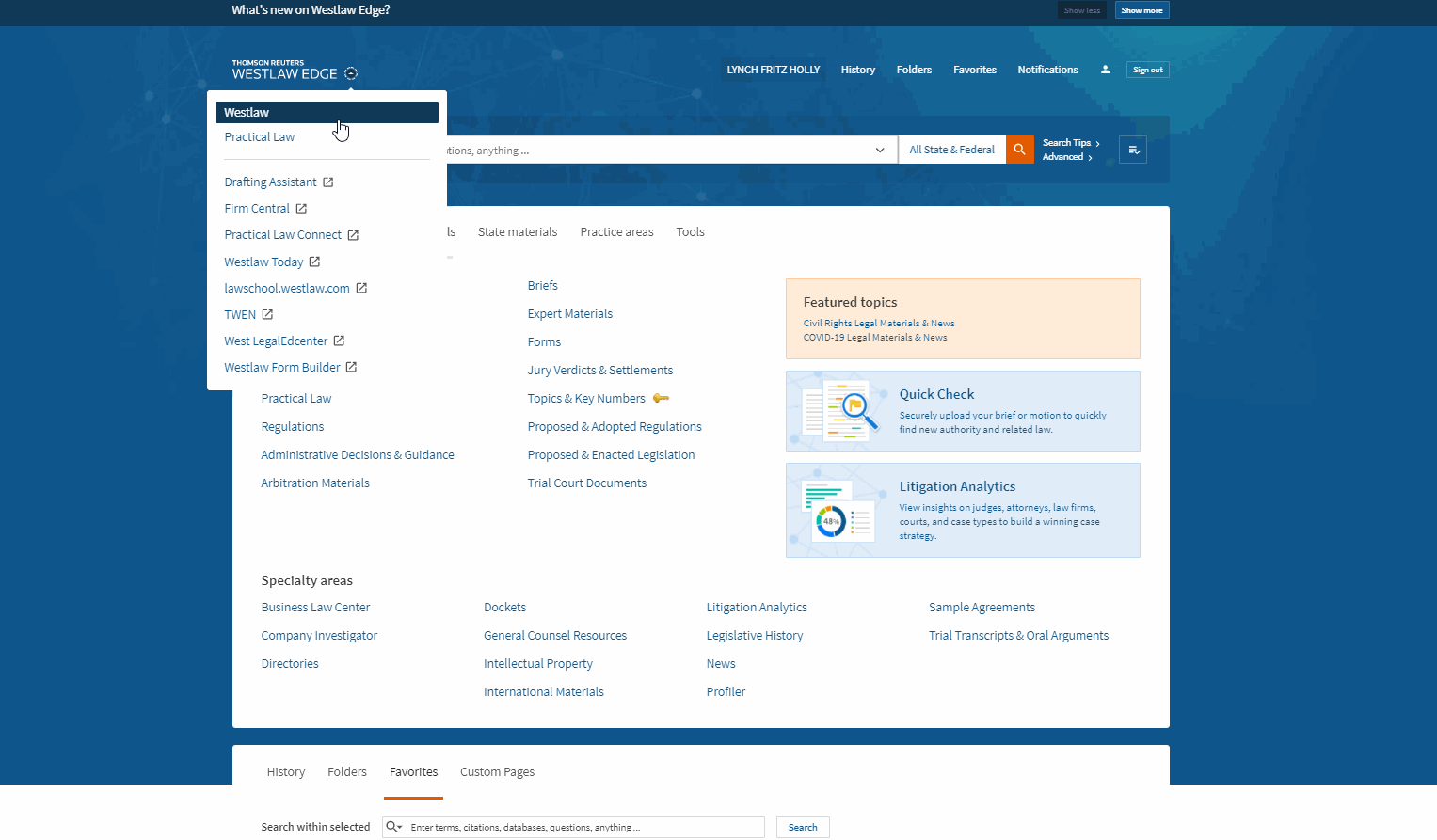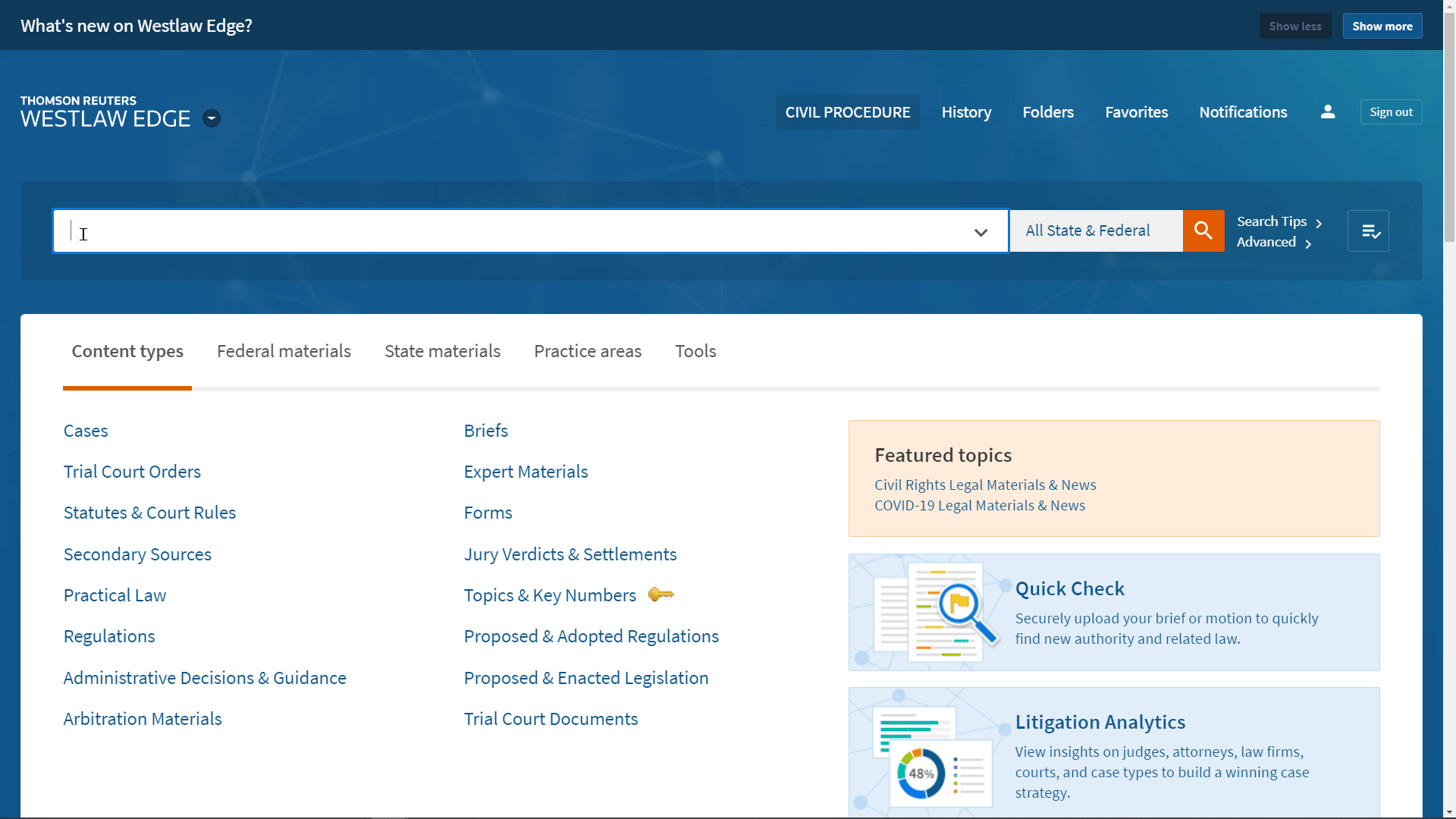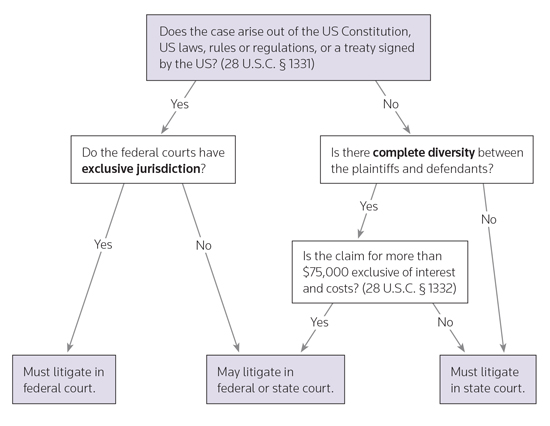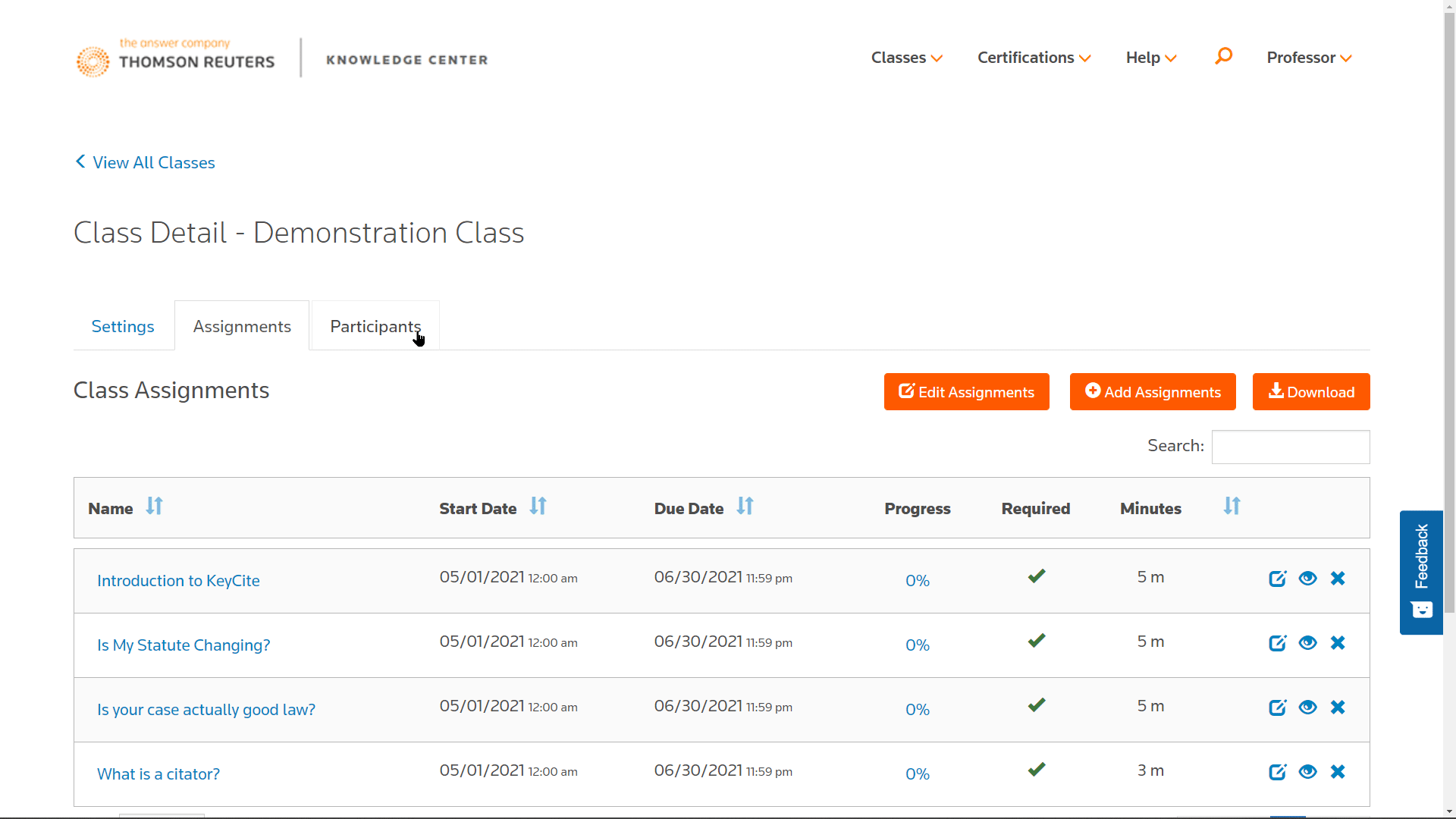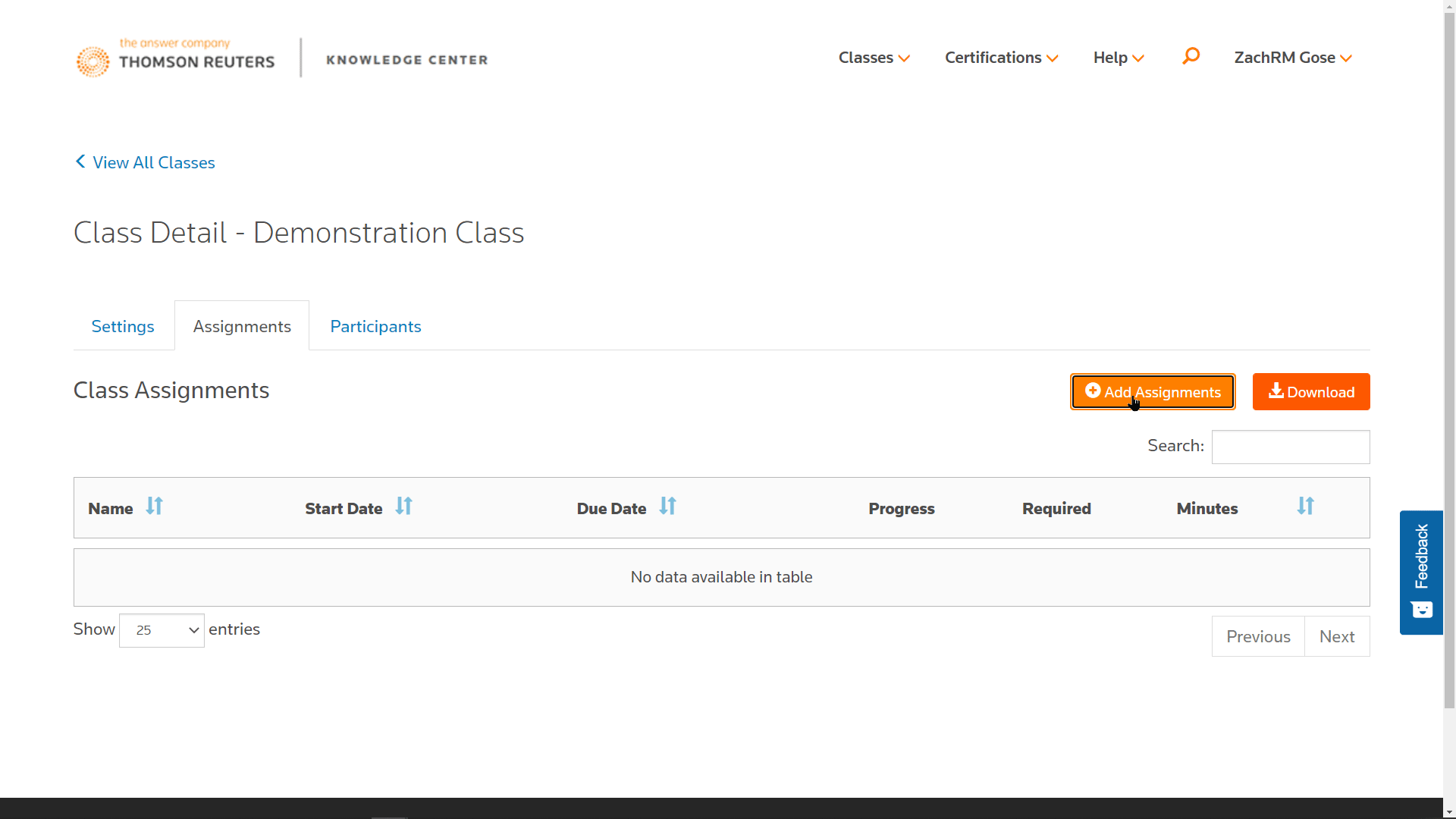APPLYING THE LAW
10 Ways to Save Money in Law School
Just when you thought your ramen noodles days were over upon graduating from college, you enroll in law school. Or, perhaps you’re transitioning from full-time professional to full-time law school student. Either way, your time is limited throughout law school. So, you’re going to have to pay for convenience, right? Wrong. Consider these 10 tips to save some dough throughout your legal education.
Plan ahead:
1. Bring your lunch, but bring something you actually like.
Instead of packing that same old peanut butter and jelly, use your procrastination energy on Sunday afternoons to prep something you'll look forward to later in the week.
2. Take advantage of free lunch events.
Everyone loves free food, and you may find a new interest or organization that you never knew existed!
3. Know where you're wasting money and substitute.
I found that I was running to my school’s coffee shop far too often. To kick the habit, I picked up a few types of tea at the grocery store and threw them in my backpack. Now, when I feel like an afternoon pick-me-up, I can just grab some hot water and make it happen.
4. Treat yourself when you deserve it.
Had a great interview? Nailed a cold-call? Treat yourself! Associating these accomplishments with positive feedback will help you to be more motivated to keep up your winning streak.

Research whether your school offers a rental option instead of purchasing your books. It's usually a significantly cheaper option, and many schools allow you to write and highlight in the book just as you would if you had bought it.
Take advantage of stuff already paid for by your school:
5. Most schools offer free counseling sessions.
You don’t have to go in and spill your whole life’s story. You can use these sessions to vent to a confidential source, and they can offer ways to cope with the stress and anxiety inherent in law school.
6. Find supplements in your school's library instead of buying them.
Before shelling out your hard-earned cash ordering the ABC's of the UCC, check if your law library has a copy. Many titles are available as a digital resource you can access from the comfort of your couch with just your school login credentials.
7. Get outlines and supplements for free.
Many bar-prep brands offer first-year outlines and supplements. These are a really valuable resource that will cost you exactly zero dollars. Use these outlines to supplement the ones you make yourself. It's also really helpful to make friends with upperclassmen since they're usually willing to share their old outlines with you as well.
Shop around—doing a little research up front can save you tons of money later:
8. Renting textbooks is usually way cheaper than purchasing them.
Research whether your school offers a rental option instead of purchasing your books. It's usually a significantly cheaper option, and many schools allow you to write and highlight in the book just as you would if you had bought it. You might also get lucky and get a book annotated by someone who had your same professor. Everyone will wonder how you keep nailing the cold calls, and you can totally take all the credit. If your school doesn’t have this option, Amazon and other online retailers do.
9. Don't assume that the most popular choice is the cheapest.
For example, my school's Student Bar Association offered on-campus binding for our appellate briefs. I checked online and ended up paying less than half of their price by ordering online and picking up my brief at a major office supply chain.
10. Get your interview items/clothes for summer internships at a thrift store.
No one will know you're not a Brooks Brother when you've got the same style for a fraction of the price. I found a really nice leather portfolio for less than the price of a cup of coffee the other day. This is an especially good option for summer clerkship items, since you’re only going to be wearing them a few weeks out of the year!
Jenna is a rising 2L at Tulane University School of Law. Before law school, she was a neurosurgery nurse and she plans to practice transactional healthcare law after graduation.





